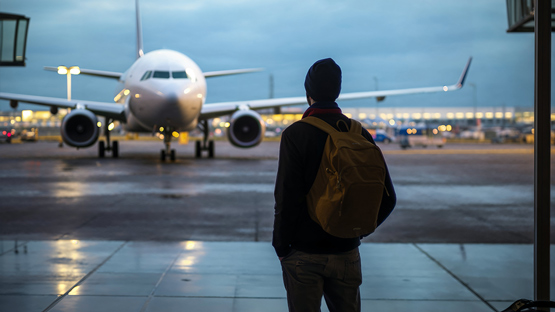Enjoy worldwide adventures
While perfecting your English.
- Hospital - Emergencies Few situations demand clear communication more than a medical emergency. In the Role Play Theatre, students prepare for real-life hospital scenarios: describing symptoms, asking for directions to the emergency room, filling out forms, or speaking to a doctor. They practice key vocabulary like allergy, prescription, fracture, fever, and learn how to express urgency calmly. Through simulations, they role-play being patients, relatives, or even medical staff, gaining perspective on how to respond in stressful conditions. This training saves time, reduces fear, and builds the ability to communicate clearly when it matters most. Because in an emergency, English is not just a skill — it can be a lifeline.
- Tourism and Restaurants Tourism offers endless opportunities to use English every day. In our Role Play Theatre, students practice as tourists, hotel staff, or restaurant guests. They learn to check into a hotel, order food, ask for recommendations, and solve problems politely. Vocabulary of menus, reservations, and tours becomes second nature through acting and repetition. Each simulation feels real — from asking directions in New York to booking a table in London. Students also learn cultural etiquette: tipping, polite phrases, and international manners. These sessions prepare them not just to survive, but to shine abroad. Theatre turns awkward moments into confidence, making every trip a smooth adventure in English.
- Immigration and Airports Traveling abroad can be intimidating — but in our Role Play Theatre, students rehearse the entire experience before they ever step on a plane. From check-in counters to immigration desks, they practice dialogues with officers, answer questions about purpose of travel, luggage, or visas, and learn the vocabulary of airports. Instead of fear, students gain fluency and confidence to handle security checks, boarding announcements, and customs questions. They simulate everything: introducing themselves at passport control, asking about connections, or solving last-minute issues. By practicing real airport situations, mistakes happen here, not there — so when the real journey begins, students already feel at home in English.



